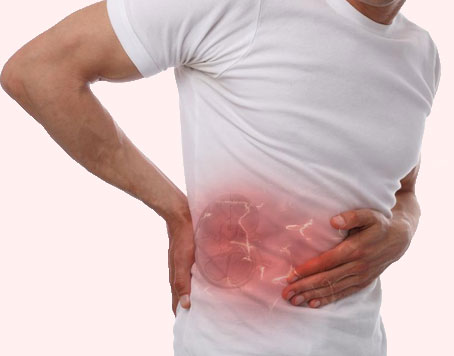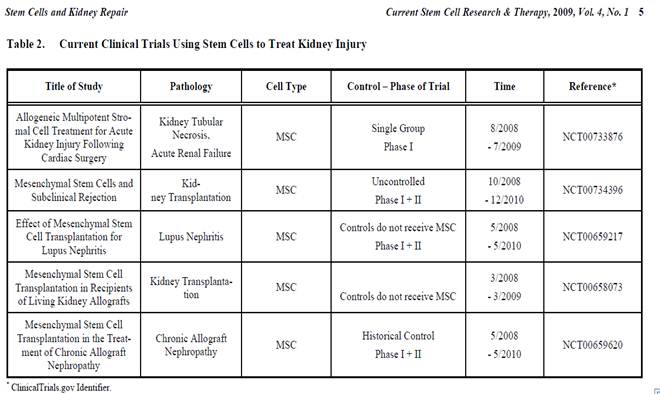Acute/Chronic Kidney Disease
Kidneys are a pair of bean-shaped organs that lie in abdominal cavity. It is essential in the urinary system and also serve homeostatic functions such as the regulation of electrolytes, maintenance of acid-base balance, and regulation of blood pressure (via maintaining salt and water balance). They serve the body as a natural filter of the blood, and remove wastes which are diverted to the urinary bladder. In producing urine, the kidneys excrete wastes such as urea and ammonium.
1. Renal pyramid | 2. Interlobular artery | 3. Renal artery | 4. Renal vein | 5. Renal hilum | 6. Renal pelvis | 7. Ureter | 8. Minor calyx | 9. Renal capsule | 10. Inferior renal capsule | 11. Superior renal capsule | 12. Interlobular vein | 13. Nephron | 14. Minor calyx | 15. Major calyx | 16. Renal papilla | 17. Renal column

Chronic kidney disease occurs when one suffers from gradual and usually permanent loss of kidney function over time. With loss of kidney function, there is an accumulation of water; waste; and toxic substances, in the body, that are normally excreted by the kidney. Loss of kidney function also causes other problems such as anemia, high blood pressure, acidosis (excessive acidity of body fluids). Although the major causes of chronic kidney disease are diabetes and hypertension. The stage-5 patient is called end stage or chronic kidney disease patient.
Table 1. Stages of Chronic Kidney Disease
| Stage | Description | GFR*mL/min/1.73m2 |
|---|---|---|
| 1 | Slight kidney damage with normal or increased filtration | More than 90 |
| 2 | Mild decrease in kidney function | 60-89 |
| 3 | Moderate decrease in kidney function | 30-59 |
| 4 | Severe decrease in kidney function | 15-29 |
| 5 | Kidney failure | Less than 15 (or dialysis) |
The kidney is a highly complex organ, composed of more than 30 different cell types in different compartments, such as tubular epithelial cells, interstitial cells, glomerular cells and cells of the vasculature.
Currently the CKD patients are increasing worldwide and there is no appropriate treatment available for chronic kidney disease. So based on successful experiment on the animals, now researchers are hopeful of its application on human being.

Chronic kidney disease causes dysfunction of the cells from vascular, interstitial, glomerular and tubular compartments, which triggers the release of fibrogenic cytokines and recruitment of inflammatory cells to injured kidneys. The rapid interposition of scar tissue probably confers a survival advantage by preventing infectious microorganisms from invading the wound, but prevents subsequent tissue or renal cell regeneration.
Mesenchymal Stem Cells have some advantages after the transplantation followed as : -
Stem cell treatment may reduce/maintain serum creatinine level in end stage/chronic kidney patient for a long time but there is no assurance that it may be alternative of kidney transplant in future after stem cell therapy. As kidney transplant success rate is not 100% in kidney failure patient and few patient may get again kidney related problem even after kidney transplant because of the usage of immunosuppressant drug for a long time so if patients who already got kidney transplant and again facing kidney disease then stem cell therapy may reduce/maintain serum creatinine level and also reduce the immunosuppressant drug dosage because mesenchymal stem cell has the immune-modulation property and suppress the activation of T-regulatory cells after infusion.

